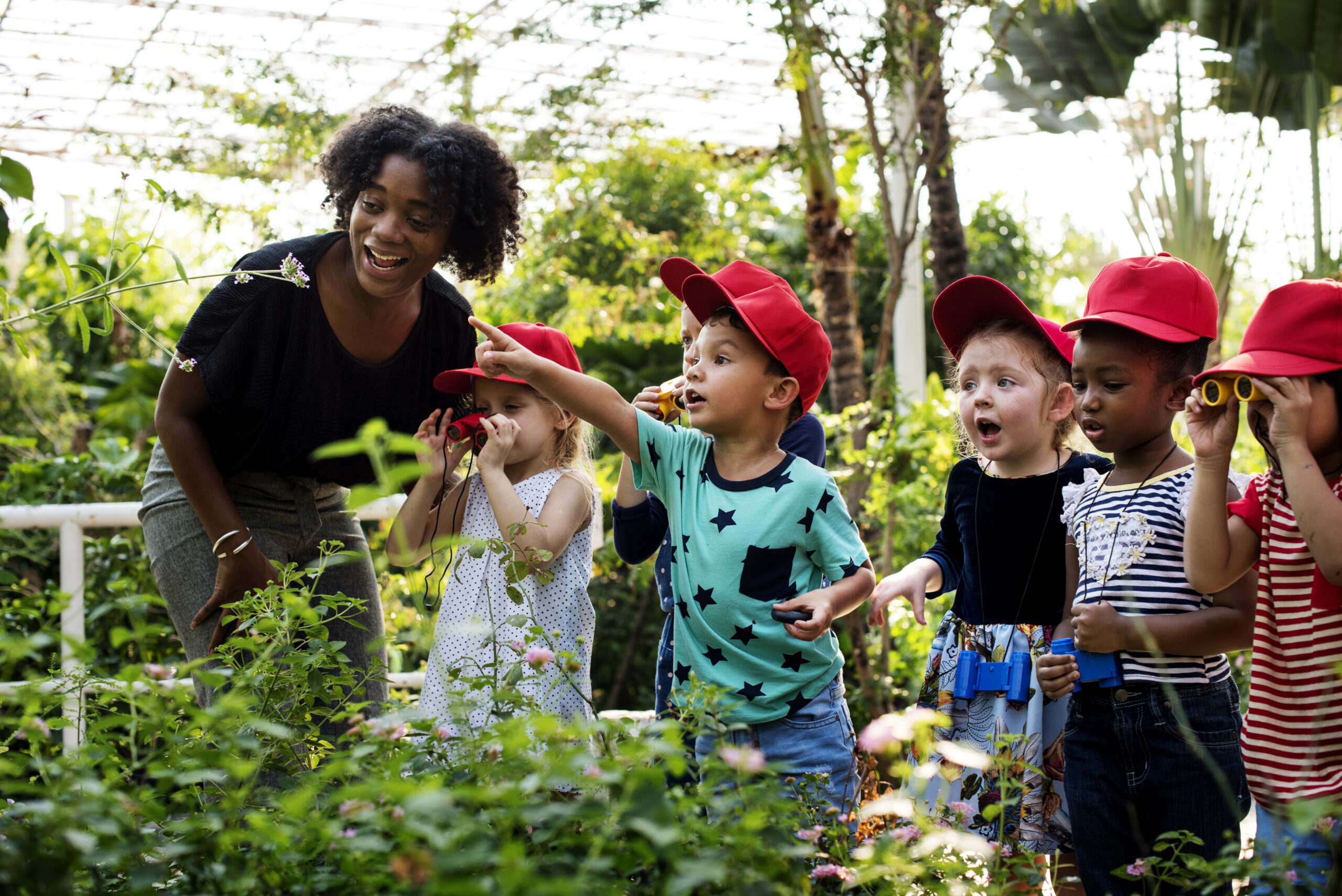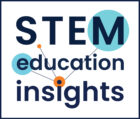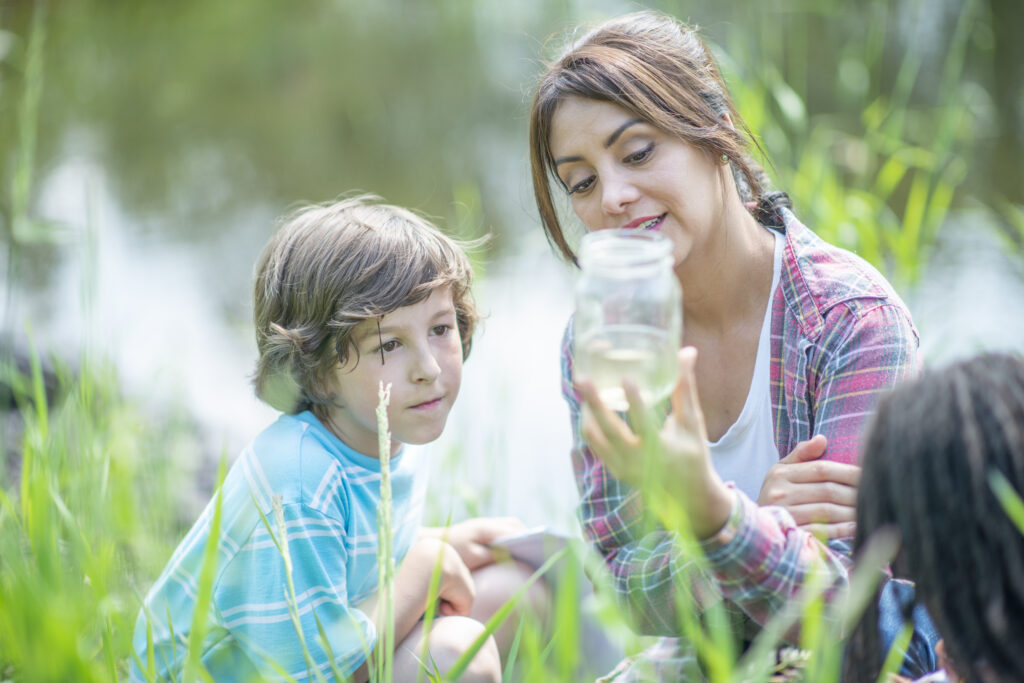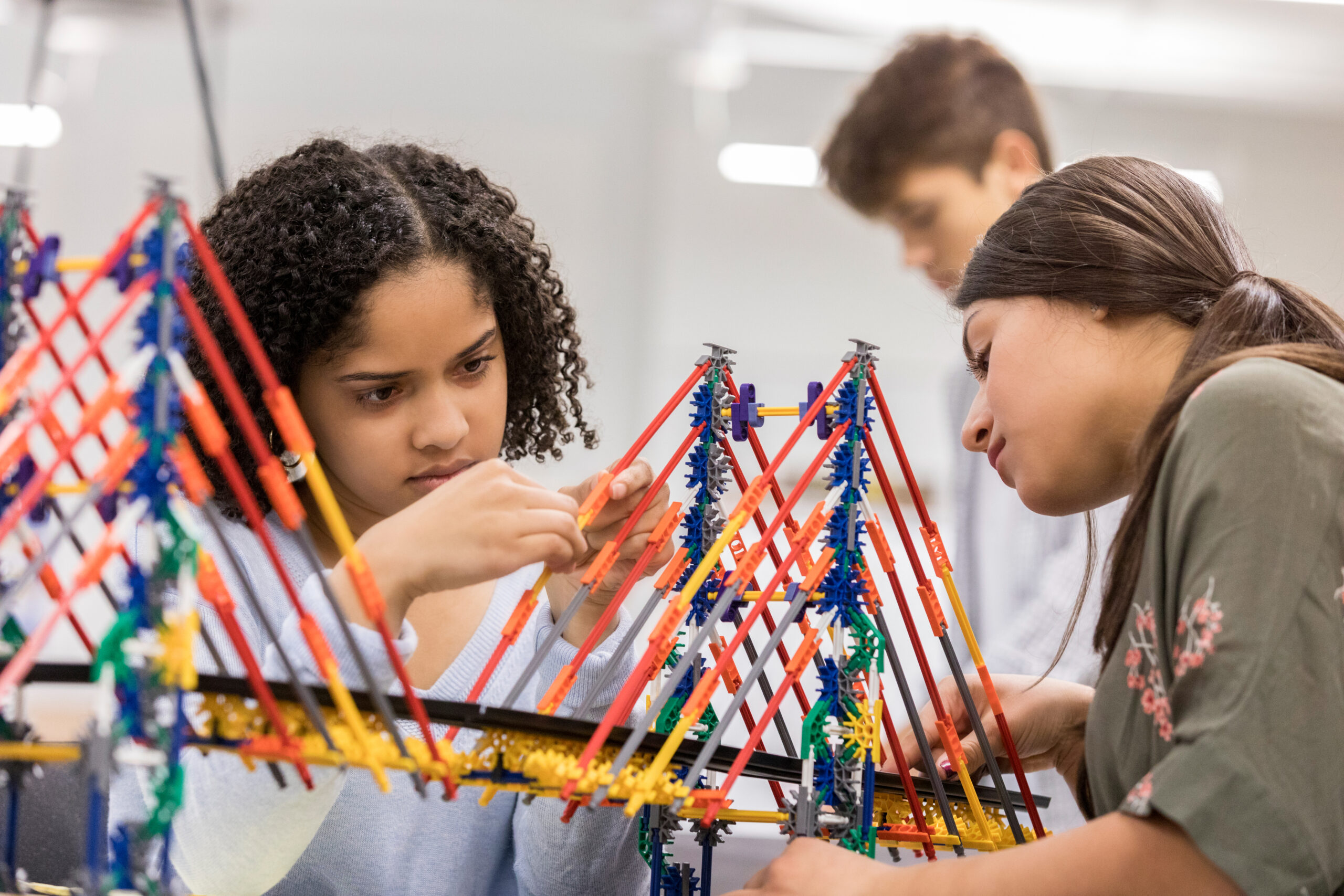STEM Education Insights
Connecting the dots for research-driven education
We support STEM education through:
- external evaluation
- curriculum development
- research
- data collection
- quantitative and qualitative analysis
- grant writing
- assessment development
- professional development
Trusted
Experienced
Professional

Our Mission
Supporting programs for kids in STEM
We identify the strengths and weaknesses of educational programs for teachers, students, and families in formal and informal settings, and suggest targeted improvements that will better align programs with their stated goals.
Designing activities and curricula
We write curriculum in STEM for kids in preschool through high school. Our biggest strength is in design for learning and engagement: we write to address specific standards and learning objectives, and we develop activities that get kids thinking and doing. We also attend carefully to teacher needs for implementation.

Research to inform decisions
We develop instruments to collect data from students, teachers, and others to give you the information you need to make decisions, or show your program is working. We conduct observations, interviews, focus groups, and assessments.


